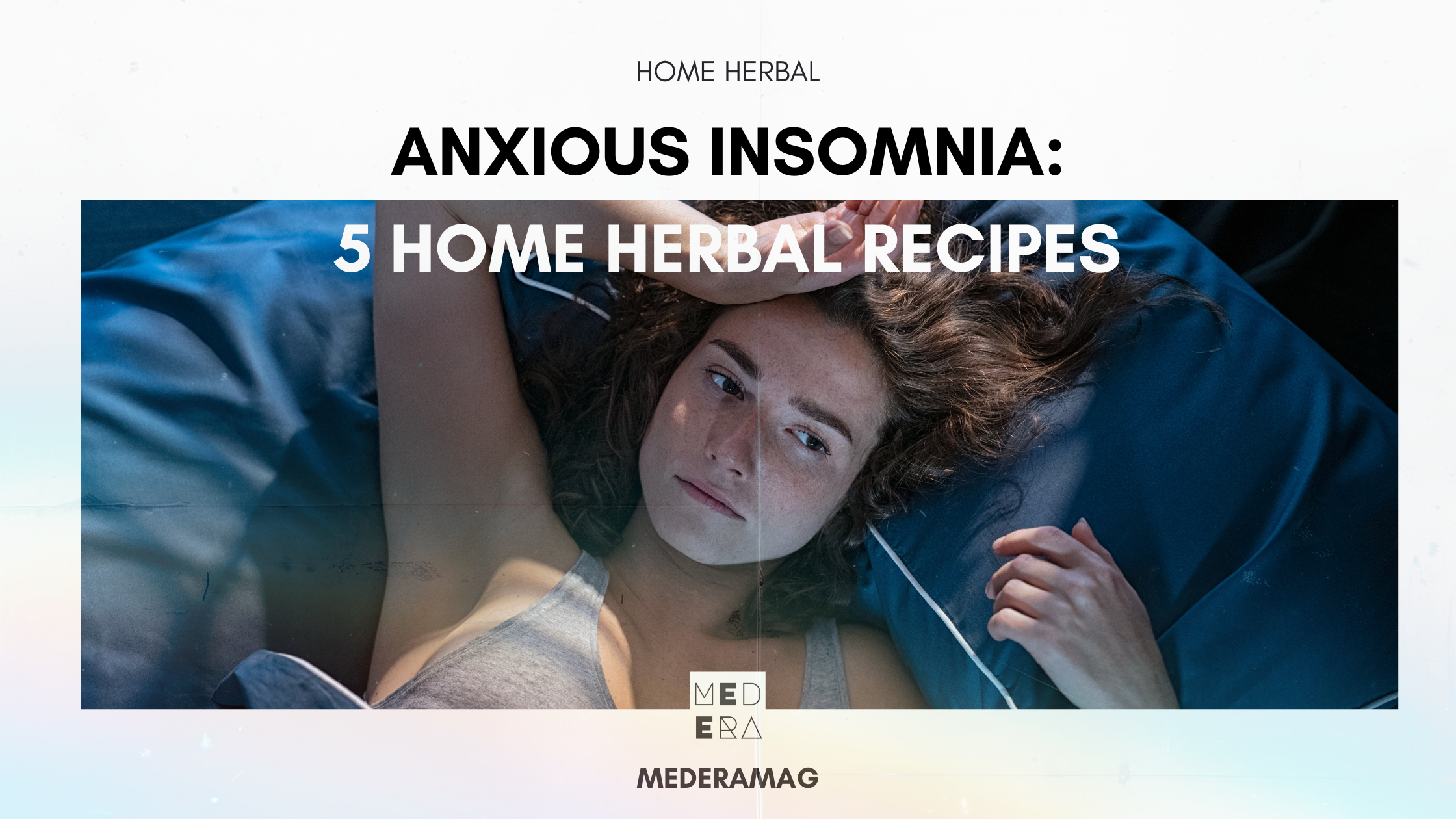
5 Home Herbals For Anxious Insomnia
Sleep is one of the most important physiological processes of the human body. Knowing how fundamental sleep is to hour health, our immune processes, our cognitive function, and our overall performance as humans, it's crazy to think that over one third of Australians don't get a good sleep.
The level of stress caused by acute anxiety attacks or even by repeated fleeting moments of anxiety has consequences on physiological processes. Other than the obvious worry that isn't conducive to sleep, stress might actually cause disturbances in certain parts of the brain that regulate sleep.
A vicious cycle ensues whereby a lack of sleep also causes more stress and more anxiety, perpetuating the issue at large.
Herbal teas are a natural, relaxing way to overcome an anxious mind before bed while actually nourishing the parts of the body that have become disturbed by stress. Herbs that calm the nervous system, improve cognitive function and calm the digestive system are perfect for anxious insomniacs.
If this is you, these are five herbs you can't do without.
A note on when to drink herbal tea before sleep
The best time to drink herbal tea for sleep is around 1 hour before bed time. This gives all the phytochemicals enough time to travel to their destinations and get to work. If you're the kind of person who goes to the toilet during the night, herbal tea can be aggravating to that issue. In which case, it might be better to use herbal capsules or tincture.
1. Chamomile

In small clinical trials, chamomile was shown to reduce anxiety and tension in those with mild to moderate general anxiety disorder compared to placebo. A few years after this study was published, the same researchers concluded that chamomile might also have clinically meaningful anti-depressant properties.
It helps that chamomile is delicious and sweet, and safe for children. Even if it's a little one struggling to get to sleep, lukewarm chamomile with a drop of honey goes a long way.
Chamomile can be consumed as either an extract or a tea, but is especially relaxing when consumed as a warm beverage. Put 1-2 heaped tablespoons of chamomile flowers in boiling water and allow to simmer for around 10 minutes. Strain and consume.
2. Lavender

@20fivesy
More than anything, lavender is a nervine tonic, indicated anywhere there's anxiety, insomnia, depression, or headaches. Multiple studies show lavender's anxiolytic and anti-depressant effects, and even aromatherapists use lavender for its calming, sedative properties.
What makes lavender special for the anxious insomniac is that it is restorative to the nervous system for instances of nervous debility or exhaustion. Researchers have hypothesised that lavender's sedative effects are due to the way it interacts with brain parts that regulate the sleep-wake cycle.
Lavender can be consumed as a tea or the essential oil can be mixed with a carrier oil and massaged into the temples. Prepare a tea by steeping 1-2 teaspoons of lavender flowers in boiling water for 10 minutes. Strain and consume.
3. Passionflower

Like the two nervines just mentioned, passionflower's actions are primarily on the nervous system. The Eclectic materia medica refers to passionflower's effect on the spinal cord, although this was later interpreted and understood by Western herbal medicine as the medulla oblongata. This portion of the brain, or brain stem to be more accurate, governs sleep, temporary fluctuations in blood pressure, and acts on the vagus nerve, specifically digestive.
Passionflower is indicated especially for anxiety, but because of its targeted nervine actions can help the anxious person with other issues caused by their anxiety — like sleep. It's an especially useful herb for those who have relied on other substances to get to sleep.
Can be consumed as a tincture or a tea, but for the purpose of sleep, tea is always the preferred consumption method. Put 1-2 tablespoons of passionflower in boiling water for around 10 minutes. Strain and consume.
4. Ashwaghanda
Ashwaghanda, otherwise known as Withania somnifera is, as its Latin name suggests, a sedative and hypnotic. It's an especially excellent herb for those whose sleeplessness is caused by excessive thinking. When taken over a long period of time, ashwaghanda promotes a healthy circadian rhythm.
As an adaptogen, ashwaghanda is also protective of the immune system and cognitive function. In fact, this Ayurvedic herb is indicated in so many different metabolic disorders and immune diseases, it's an important herb for modern herbal medicine.
The part used for consumption is the root. Because roots are tough and woody, they need to be boiled in water for a long time to extract the phytonutrients. Put 2-3 grams of ashwaghanda root in water and boil on the stove for 10-15 minutes. Strain and consume.
5. Valerian root

Valerian is what I like to call the smelly feet tea. It's aroma is pungent and somewhat like smelly feet, but the taste isn't all that bad. It's an effective sedative and sleep aid, and in one clinical trial was comparable to oxazepam in treating primary insomnia.
Valerian root and its pungent aroma reduce anxiety and depression, gently lift the spirits, and eases gently to sleep. It is thought that valerian's actions are caused by its volatile oils and work on GABA mechanisms.
Because valerian root's volatile oils are what causes its therapeutic effects, it should be prepared by steeping and not boiling as with other roots. For the same reasons, it should be stored somewhere away from heat and light.
To make valerian root tea, put 1-2 teaspoons valerian root in 1 cup of boiling water and allow to steep gently, covered. Do not boil it on the stove. After 15 - 30 minutes, strain and consume. Add more hot water if it has cooled down too much.
Things to mix
All of these herbs are great simples to use for anxious insomnia. Simples are when a single herb is consumed. Blending herbs creates complexity in the effects and also adds to the flavour. Here are some suggestions for other herbs you can mix with sleepy herbs:
- Motherwort: A personal favourite, this herb is a woman's friends. It gladdens the heart and dissolves grief. It has a floral, tasty aroma, and is perfect for adding to a night time brew.
- Rose petals: Folk medicine puts roses at the centre of the emotional heart. Consuming them brings love back to the heart and soothes an anxious, fearful soul.
- Violet leaf: Violet leaves are another remedy for grief, and is indicated when there has been a great loss. Add when grief is the overwhelming emotion.
- Sage: Another herb that loves the female body is sage. Can be used at any stage of the woman's life and is especially helpful at arresting the night sweats — for when night sweats get in the way of a good night's sleep.
I hope you enjoyed this little insight into what I typically dispense for sleep related problems. What herbs have you used for sleep? Let us know in the comments!


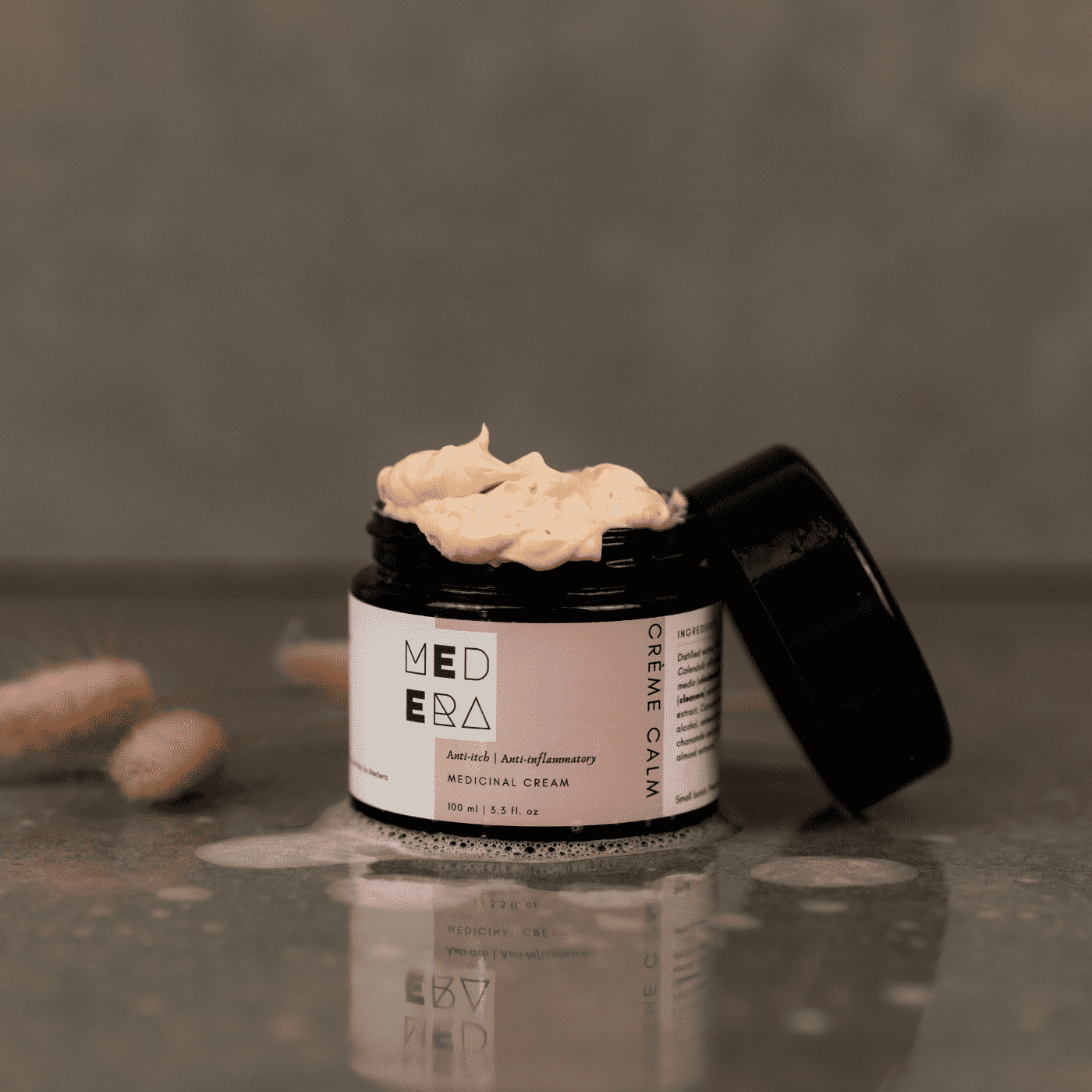
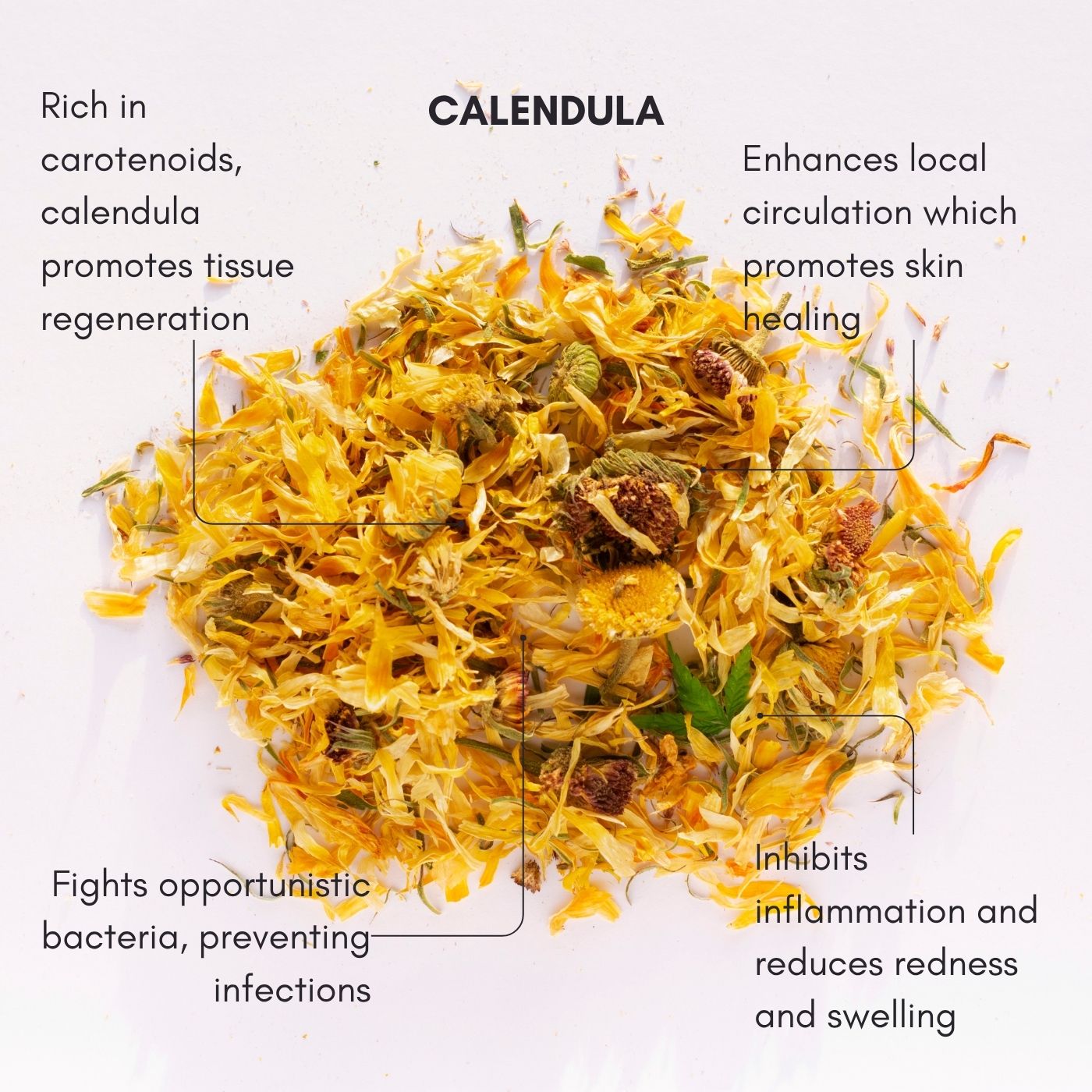
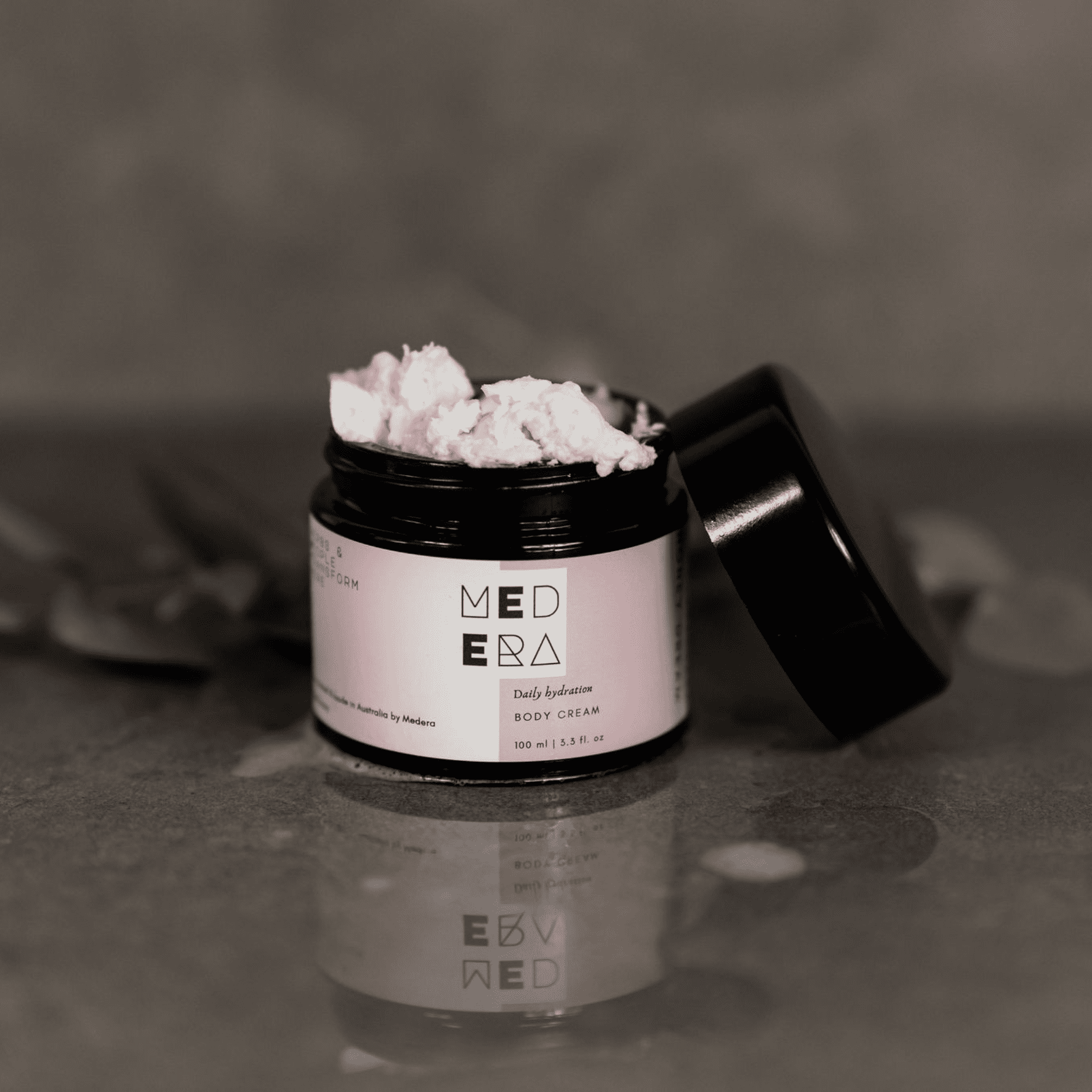
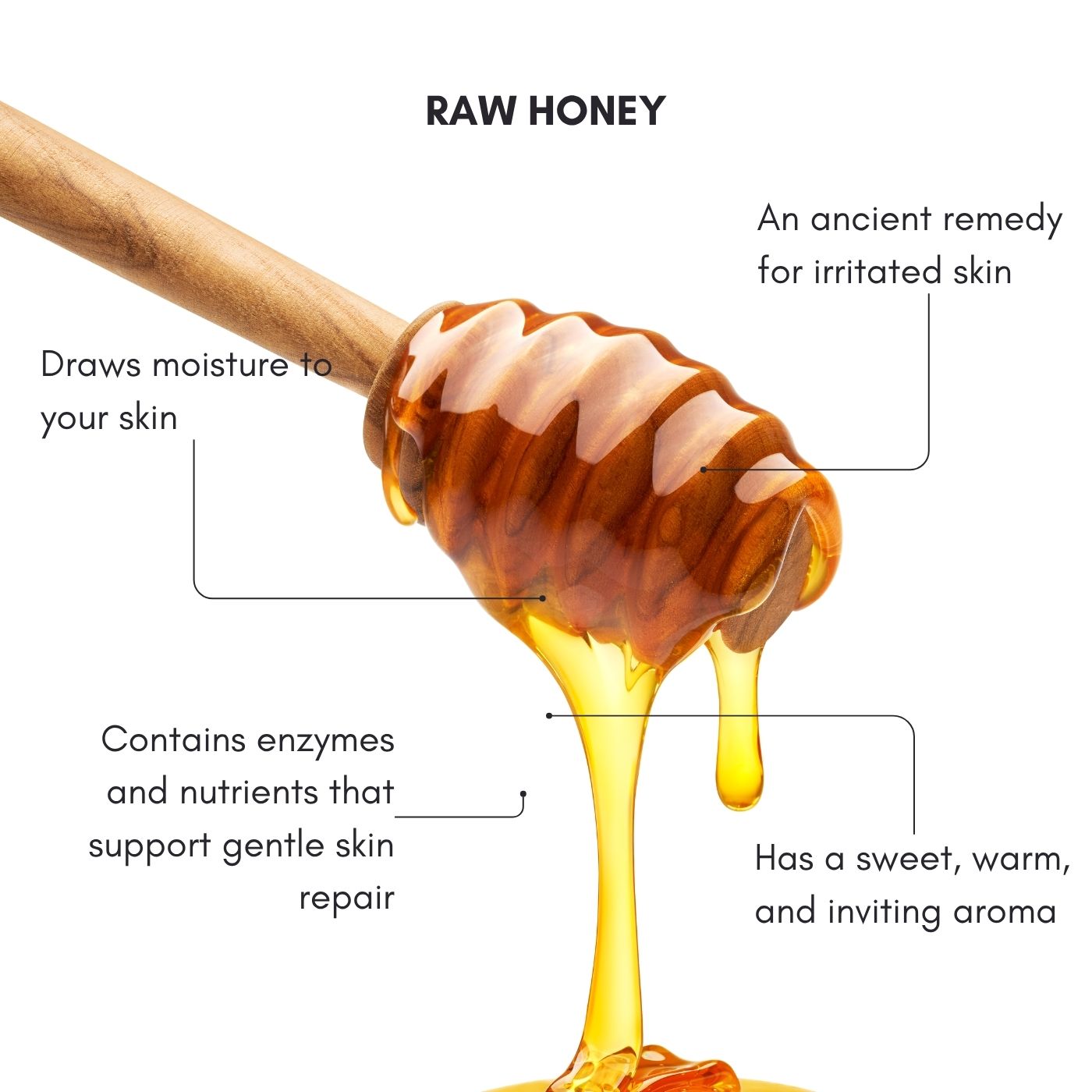
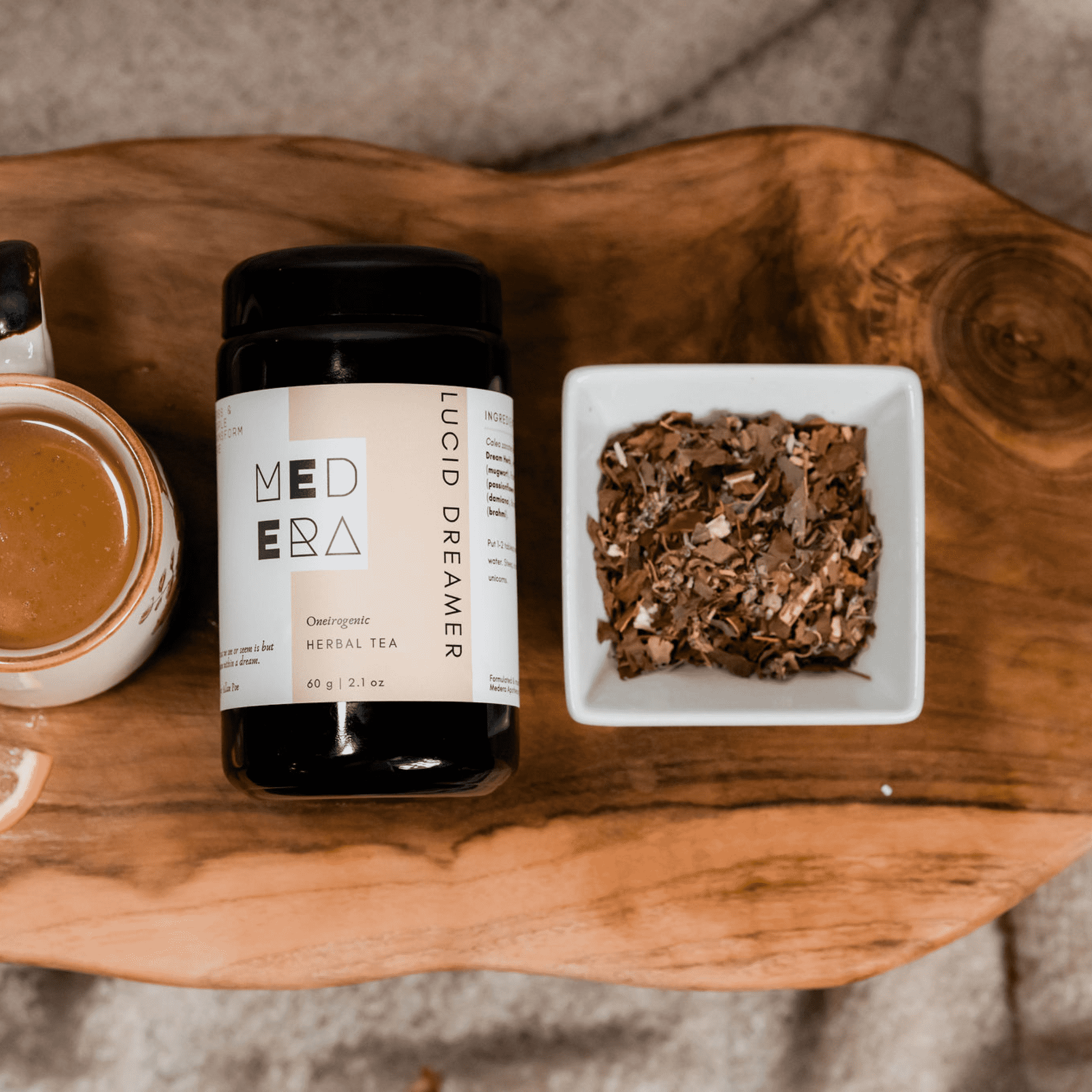
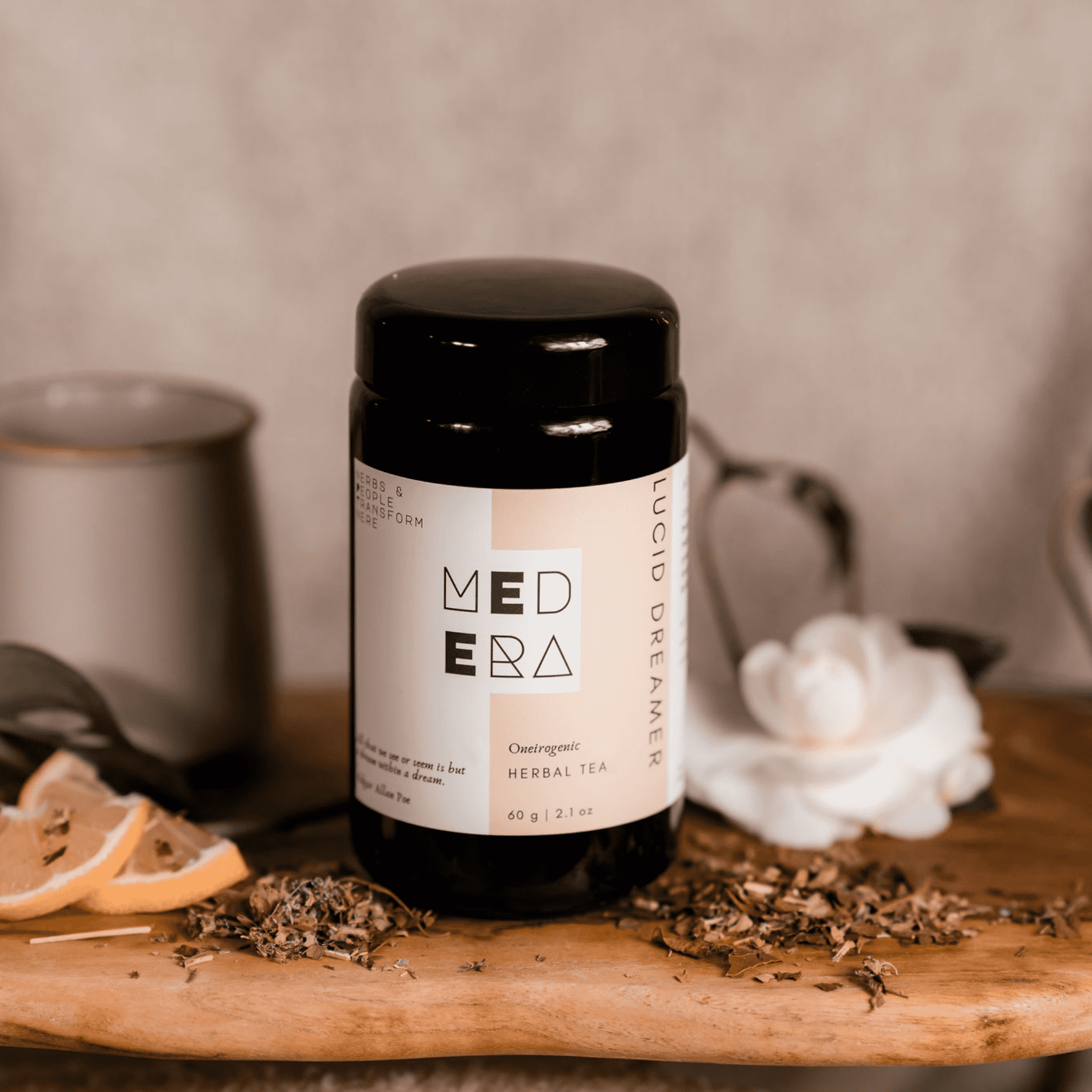
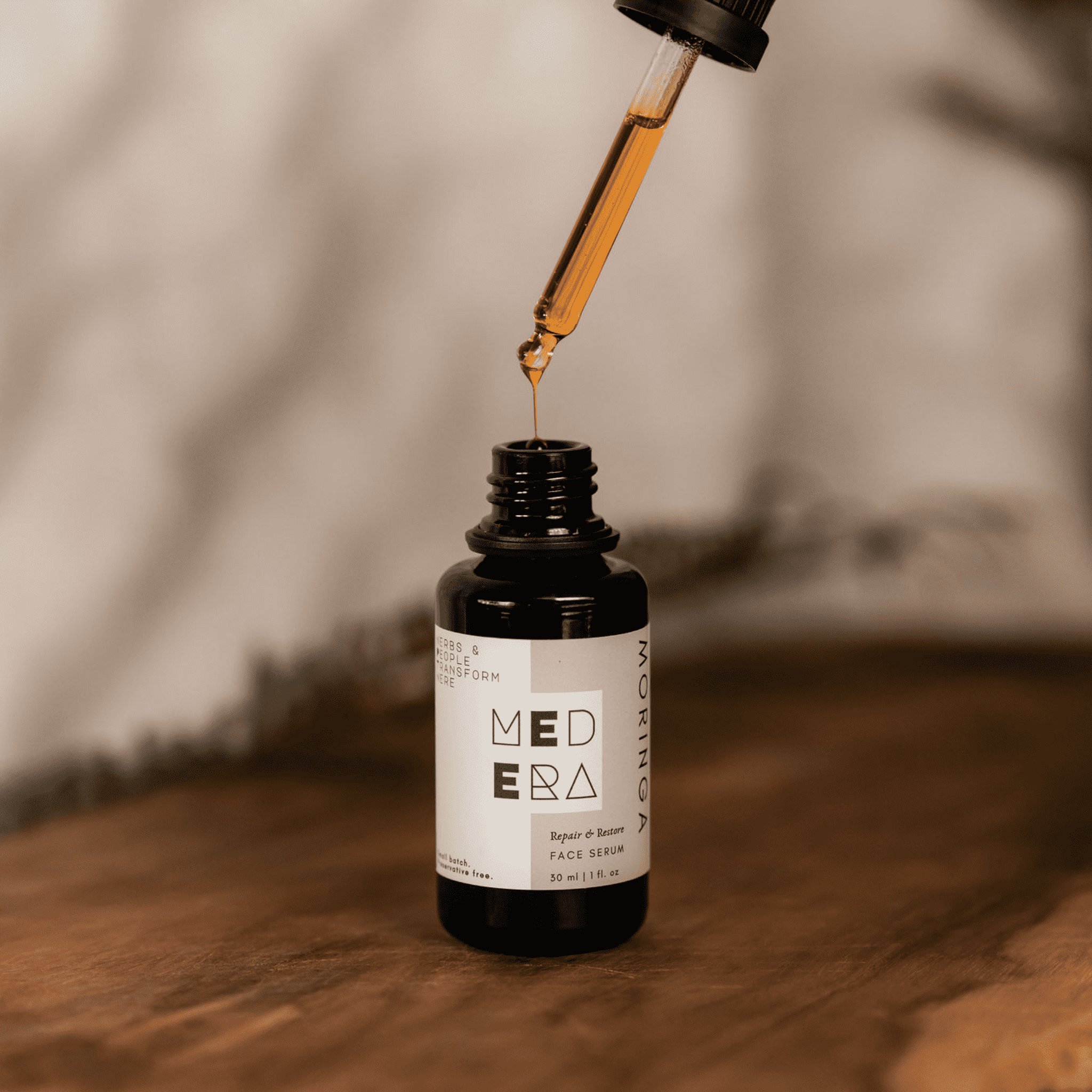



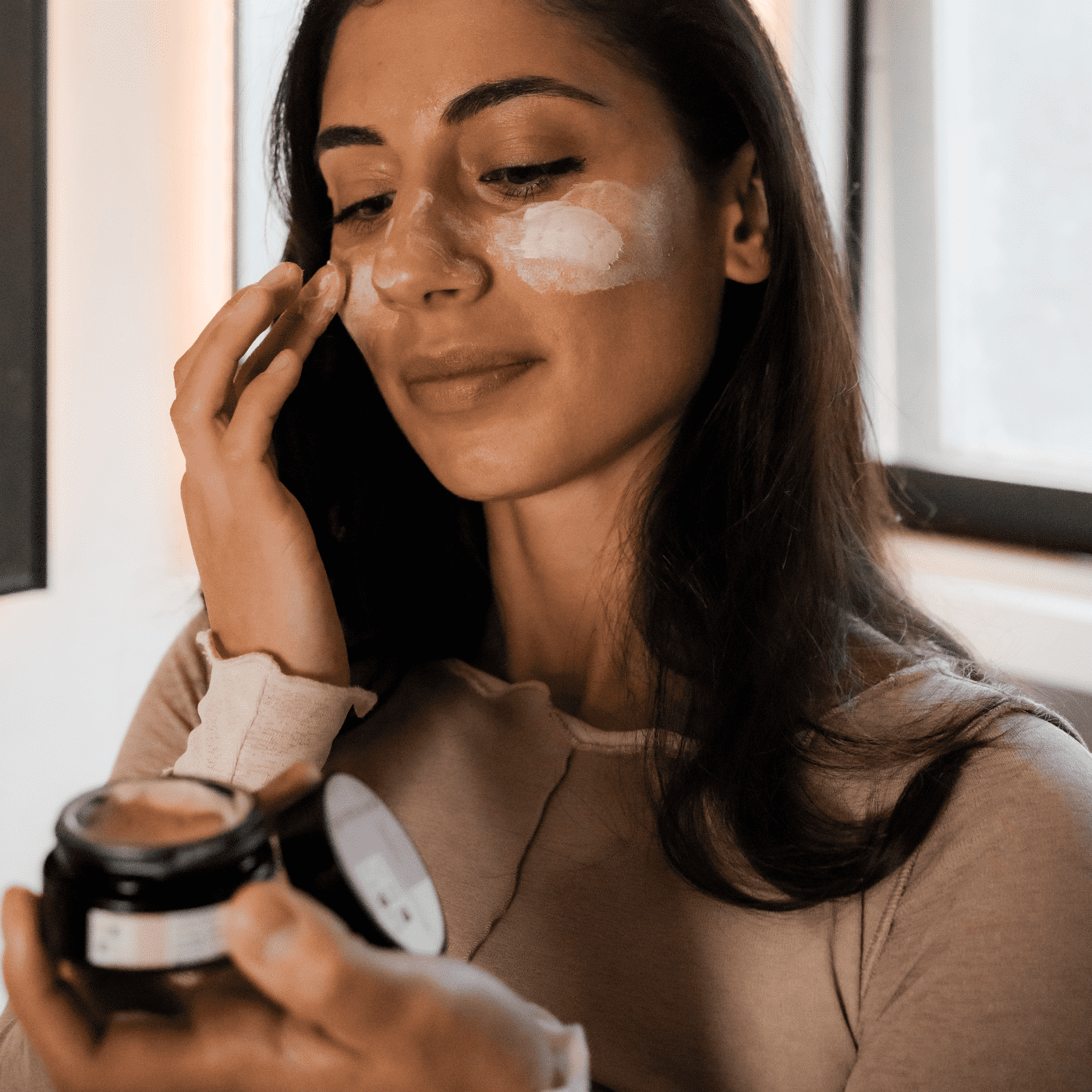

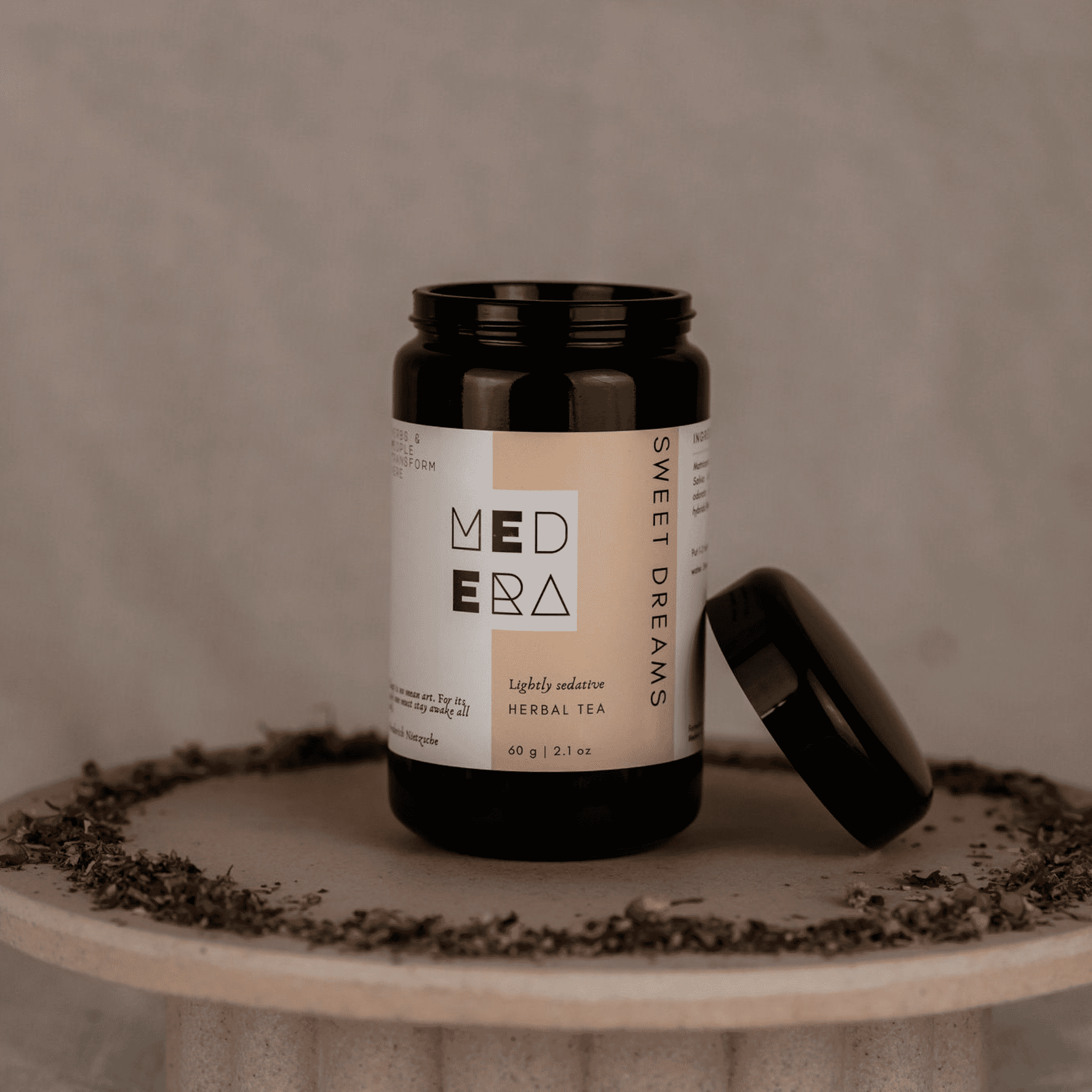
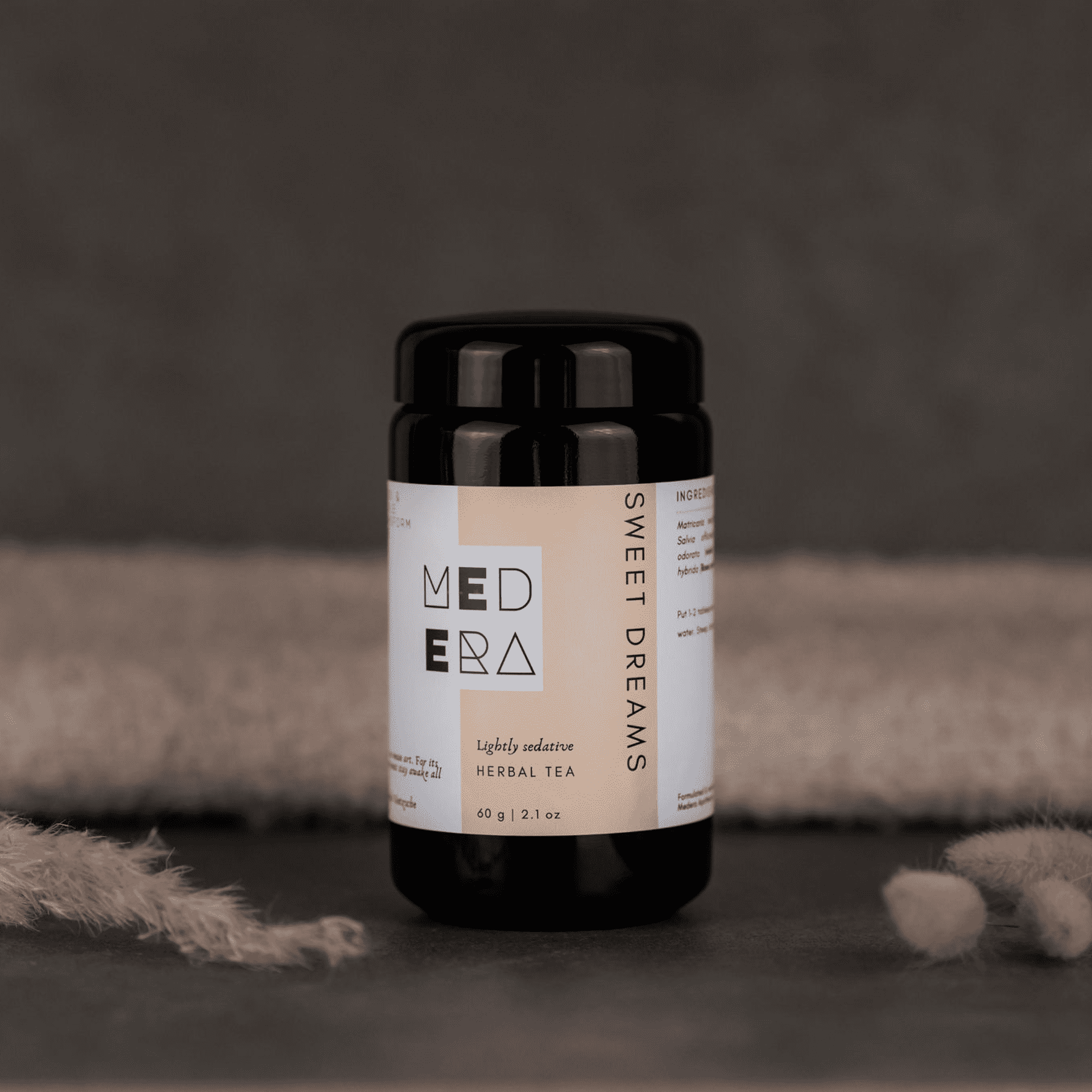
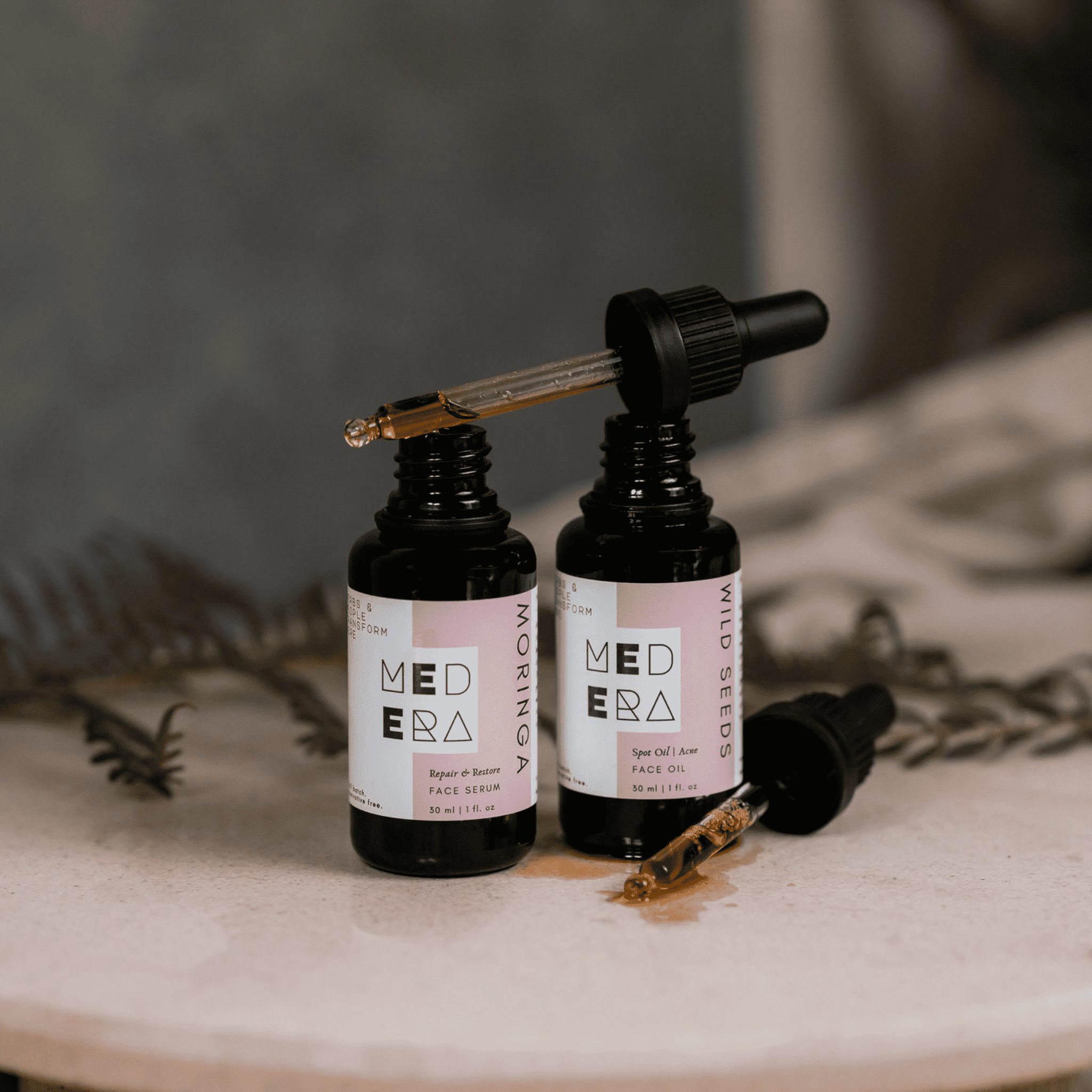
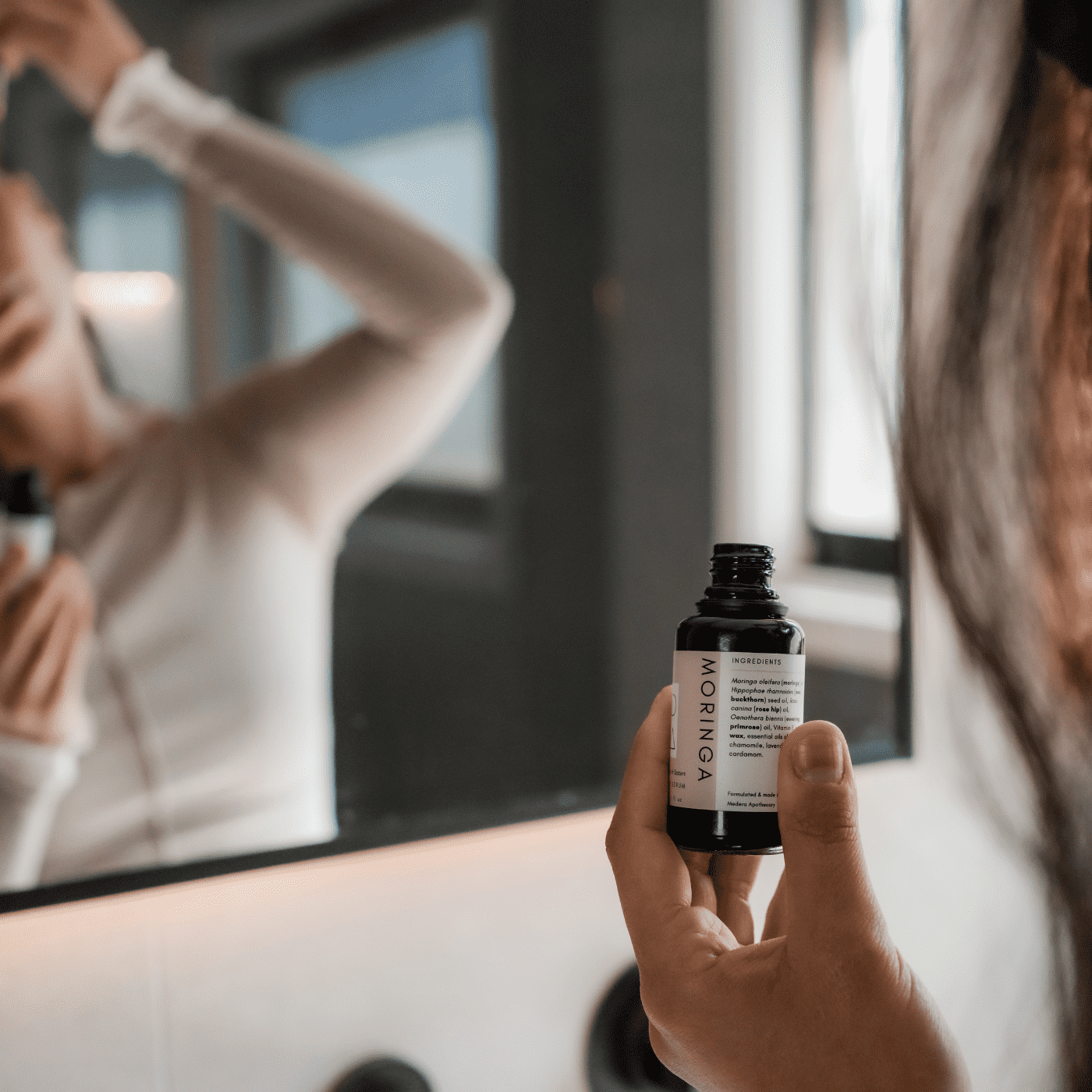
Leave a comment
This site is protected by hCaptcha and the hCaptcha Privacy Policy and Terms of Service apply.